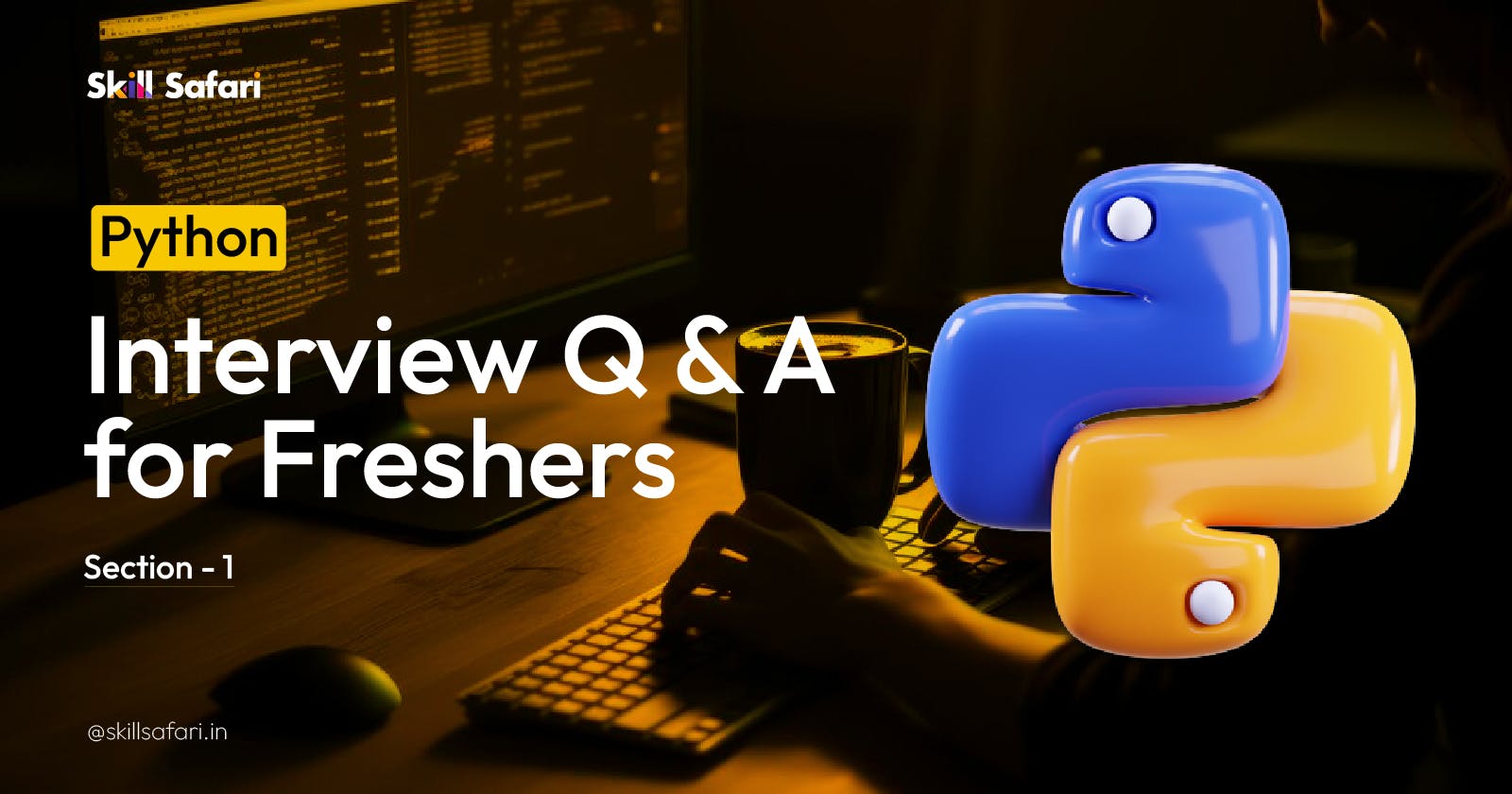Python has become a critical programming language in the modern world due to its strength and versatility. Its importance stems from its clarity, readability, and variety of uses. Python is frequently used in web development, data analysis, automation, artificial intelligence, and machine learning. Python is the perfect language for inexperienced and seasoned programmers due to its simplicity. Because of its straightforward syntax, developers can write clear and concise code, boosting productivity and reducing development time. Furthermore, Python's extensive library ecosystem provides pre-built frameworks and modules for various tasks, speeding up development. Particularly crucial to data analysis and scientific computing is Python. Its libraries, such as NumPy, Pandas, and Matplotlib, provide powerful tools for handling data, performing statistical analysis, and displaying the results. Python is the most used language for developing intelligent systems due to its easy integration with well-known machine-learning libraries like TensorFlow and Scikit-learn. Python's adaptability extends to web development, where frameworks like Django and Flask allow programmers to create dependable and scalable web applications. It is an excellent option for managing system operations and automating tedious tasks due to its scripting capabilities. We will go over some of the most critical Python interview questions and responses for new hires in detail in this article.
What Sets Python Modules Apart From Functions?
The definition of a module can include a function, classes, and attributes, whereas the definition of a function is used to define only a specific functionality.
What is the difference Between a Package And a Module In Python?
You can eliminate redundant code using a package, which is a collection of modules. They can be imported into our programme and used with the built-in modules and classes. While modules are described as a grouping of styles, their attributes, and associated functions.
What Does The Python Self Keyword Mean?
The self keyword is used in classes to guarantee that the defined method is the current instance of the course, and the self-described variables guarantee that they belong to the current model and are reachable when we create objects that belong to that class.
What is the purpose of 'if name == "main"' in Python?
This condition is used to determine whether the current script is imported as a module or is being executed as the main module. Only when the script is executed directly can you run specific code?
What are the key features of Python?
Significant Python characteristics include the following:
Because Python is an interpreted language, each line of code is run individually as written. Debugging is made simple by this.
Since Unix, Macintosh, Linux, and Windows are just a few operating systems that Python can use to run programmes on, it is very versatile. Consequently, it is a very portable language.
With the help of the extensible feature, Python code can be created in various languages, including C, C++, and others.
GUI programming Support:
It suggests that Python offers assistance in creating graphical user interfaces.
Conclusion:
The aforementioned are a few of the most typical Python questions for newcomers. At Skillsafari, we have introduced a program for data analytics where you can build a customised portfolio while learning testing concepts from scratch. To learn more about our Alchemyst 2. O program, visit our website given below: https://skillsafari.in/learning-hub/

